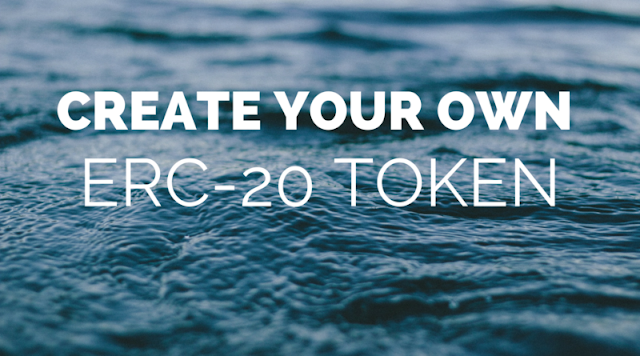The Ultimate Guide To Security Token Offering for Your Business Needs in Malaysia

Utility tokens, also called user tokens or app coins, represent future access to a company’s product or service. The defining characteristic of utility tokens is that they are not designed as investments; if properly structured, this feature exempts ERC tokens them from federal laws governing securities. By creating utility tokens, a startup can sell “digital coupons” for the service it is developing, much as electronics retailers accept pre-orders for video games that might not be released for several months. Filecoin, for instance, raised $257 million by selling tokens that will provide users with access to its decentralized cloud storage platform. Because the term “ Initial Coin Offering ” is a derivative of “initial public offering” (ICO), utility token creators usually refer to these crowdsales as token generation events (TGEs) or token distribution events (TDEs) to avoid the appearance that they are engaging in a securities offering. Would-be issuers of “utility...


